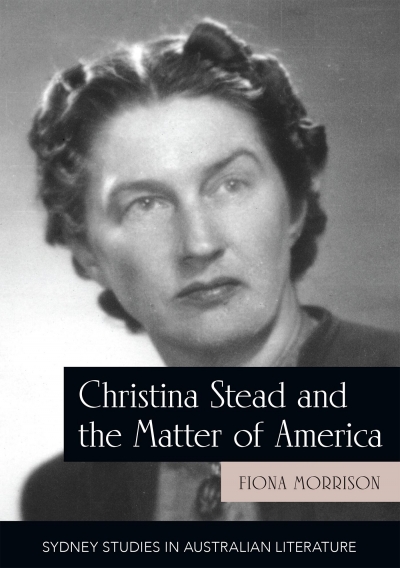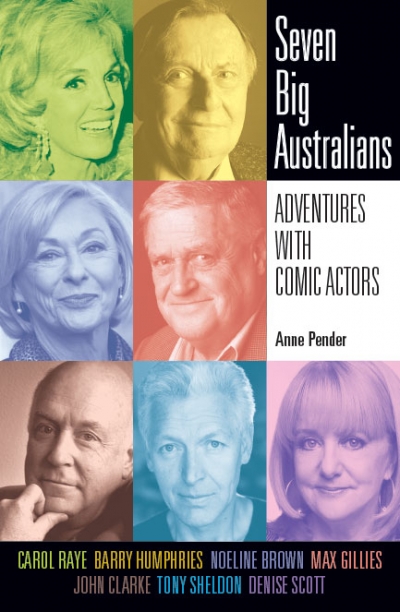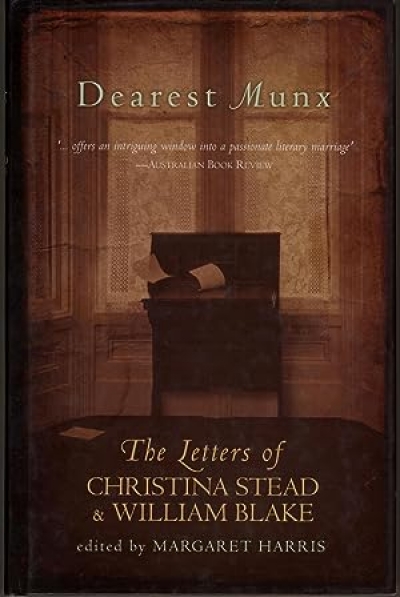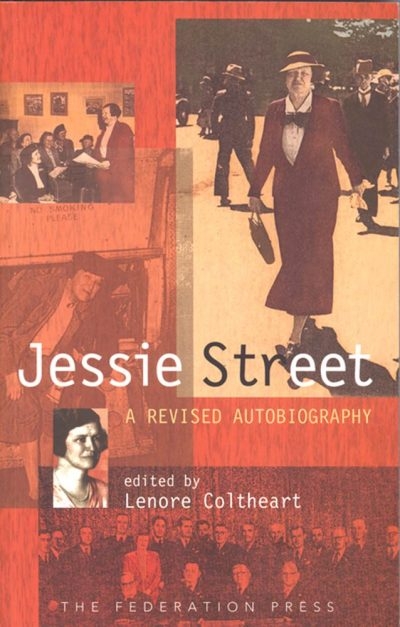Anne Pender
Seven Big Australians: Adventures with comic actors by Anne Pender
by Desley Deacon •
From a Distant Shore: Australian Writers in Britain 1820–2012 by Bruce Bennett and Anne Pender
by Ros Pesman •
One Man Show: The Stages of Barry Humphries by Anne Pender
by Ian Britain •
Westerly vol. 50, November 2005 edited by Delys Bird and Dennis Haskell & Australian Literary Studies vol. 22, no. 2, 2005 edited by Anne Pender and Leigh Dale
by Maria Takolander •
Dearest Munx: The Letters of Christina Stead and William J. Blake by Margaret Harris
by Anne Pender •
Jessie Street: a revised autobiography edited by Lenore Coltheart
by Anne Pender •








